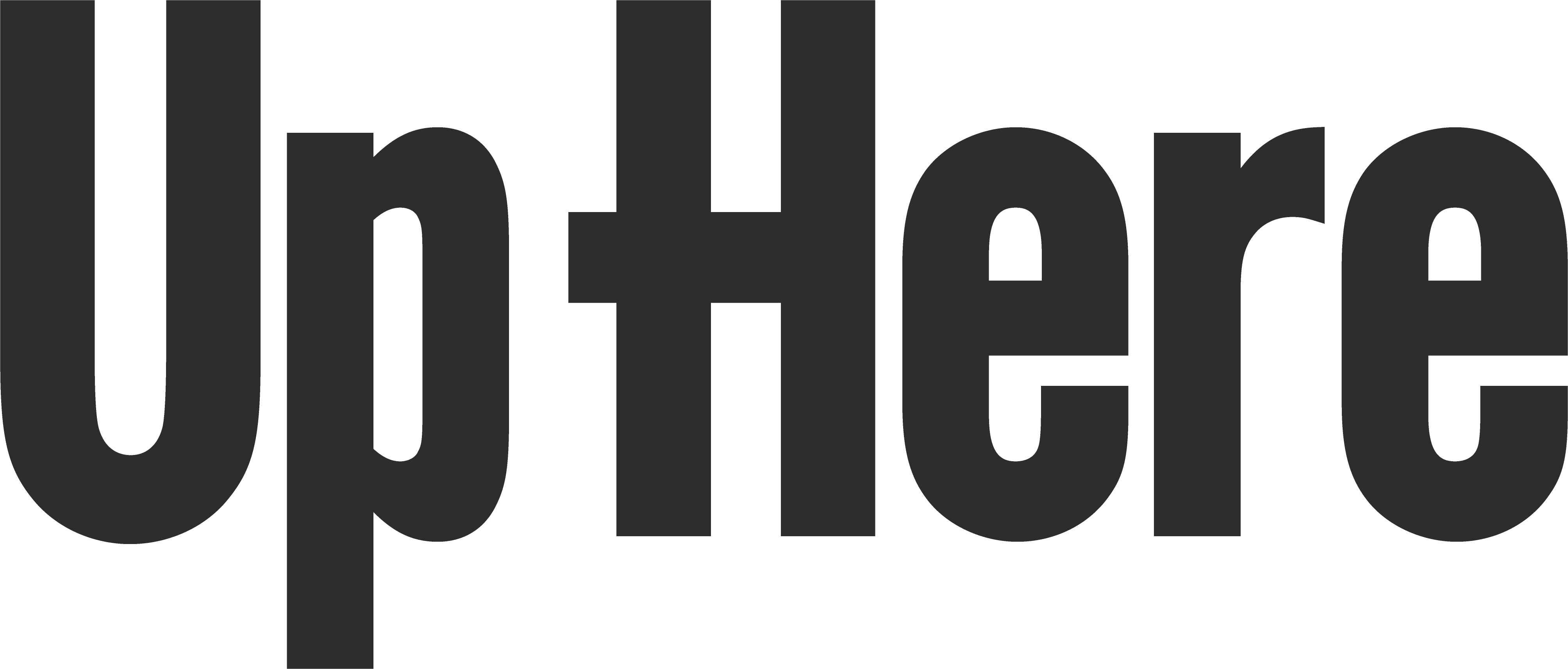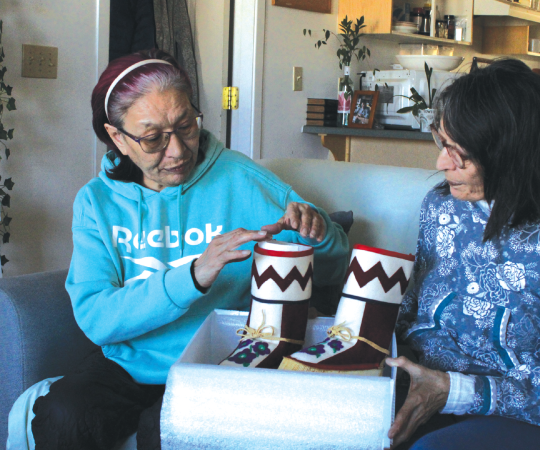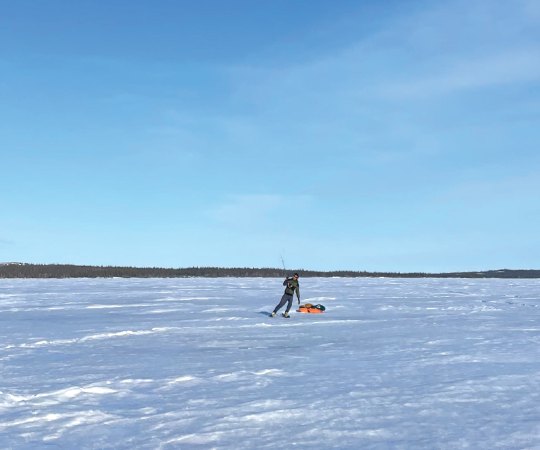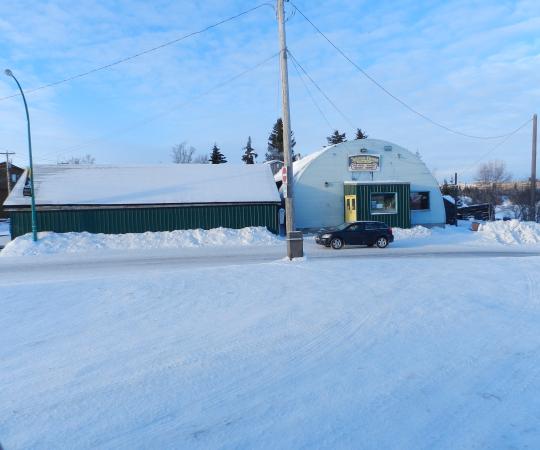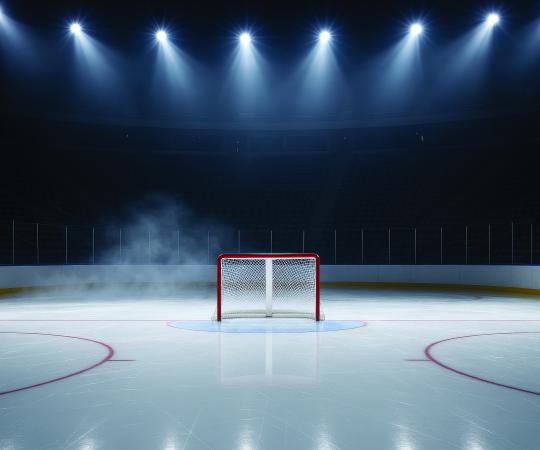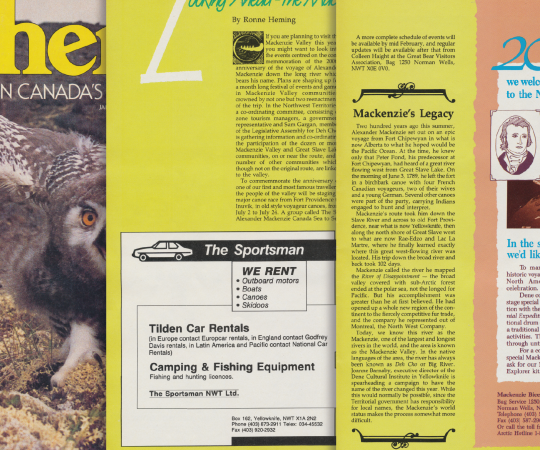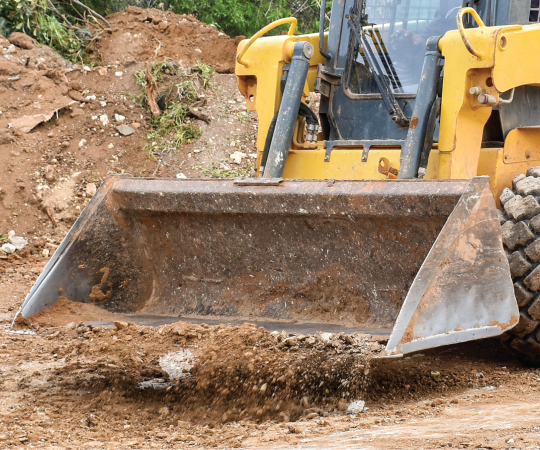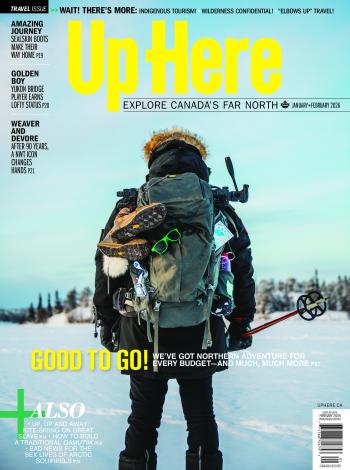Election night coverage is messy at the best of times. TV hosts jump around from live hits with reporters and interviews with out-of-town candidates, to moderating an in-studio panel on the night’s emerging trends. In the North, where satellite links to small communities can cut out and results trickle in slowly, the degree of difficulty is higher. Then try doing it all in two languages.
Madeleine Allakariallak and the CBC North team in Iqaluit did just that for last October’s territorial election. The broadcast didn’t shy away from difficult issues, like when a panellist spoke about how suicide had touched his family. But it also had lighter moments, especially during regular check-ins on oddball social media reactions. Through the long evening, Allakariallak was there, at the centre of it all, listening intently or laughing along.
Past CBC North election coverage either featured an English host and an Inuktitut host, or the broadcast was based in English with Inuktitut recaps. This time Allakariallak, host of Igalaaq, CBC’s Inuktitut news program, anchored coverage in Inuktitut but conducted interviews and read results in both languages, moving between them seamlessly. “We now had people who produce us who have no idea what we are saying in Inuktitut trusting us and us trusting them,” she says. “It was very fluid and exciting.”
“If I literally translated word for word, I would make an absolute fool of myself because I wouldn’t make sense in Inuktitut.”
Allakariallak sight-translates English scripts into Inuktitut live on-air like so many of the CBC’s Indigenous language broadcasters and newsreaders across the North. English-language stories are written with this in mind. “In our language, kinship is very specific and the team here knows,” she says. Reporters must note whether a sister is older or younger, for instance. If they don’t find out, she’ll just say it’s a relative.
Still, Allakariallak has to be quick on her feet to reword scripts and segue between stories. “If I literally translated word for word, I would make an absolute fool of myself because I wouldn’t make sense in Inuktitut,” she says. For this reason, she doesn’t take herself too seriously. “You have to be human.”
This brings a level of transparency to her show—something the audience appreciates. On election night, Allakariallak’s producer told her through her earpiece to cut to results just seconds after he told her to prepare for an interview. This left her momentarily confused. “I looked like I was talking to myself,” she says. That’s when, on-air, she said, “It’s not voices in my head. It’s voices in my ear and I’m not going crazy.” Everybody burst out laughing.
Still, there’s a lot of pressure that comes with reporting news in Nunavut—to get stories right and tell them with respect. “Sometimes I go to my desk and I start bawling my eyes out if it’s like a death story or someone was murdered,” she says. “I mean, we know everybody here.”
It was approaching midnight on election night and all the results still weren’t in. Do you have enough energy for another half-hour, Allakariallak’s producer asked? “I was like, ‘Heck yeah! Let’s stay on for as long as we can,’” she says. She still had energy long after the show ended. “It took me until three or four in the morning to come down from that natural high. To come down from that excitement and energy.”
Weeks later, people were still stopping her at the post office to congratulate her on the coverage. “And I was like, ‘Woo! We pulled it off.’”
